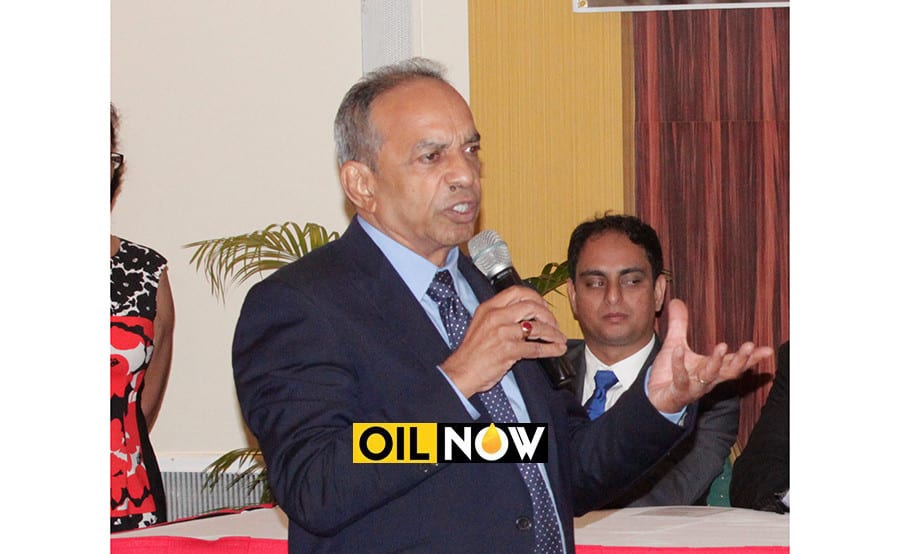In wake of the release of the ExxonMobil contract on December 28, 2017, the Private Sector Commission (PSC) has decried what it describes as a paucity of benefits for the business community and hopes that this can be addressed in new contracts.
However, the umbrella body which represents businesses expressed the belief that the release of the contract itself bodes well for transparency and accountability in the oil and gas industry.
“As an initial commentary, it is the opinion of the PSC that much more could have been done to incorporate local content. In addition, we were expecting that greater benefits would have accrued to local businesses. This, we find, is sadly lacking,” the PSC said in its release.
The body expressed its concern regarding the lack of ‘ring fencing’ provisions, and thus it fears that Guyana may have to bear the cost of unsuccessful exploration.
It said too that Article 32 of the contract – the Stability of Agreement Clause – which encompasses the entire Stabroek Block, may encumber Guyana’s benefits if there is no room for the terms of the contract to be renegotiated. “With the projected massive oil discoveries the Commission believes that there should be increased flexibility given to the Government of Guyana, to ensure a fair and equitable deal on both sides,” said the PSC.
Article 32 states in part; “Except as may be expressly provided herein, the Government shall not amend, modify, rescind, terminate, declare invalid or unenforceable, require renegotiation of, compel replacement or substitution, or otherwise seek to avoid, alter, or limit this Agreement without the prior written consent of Contractor.”
The Commission also said the contract should have made provision to address the cost of energy – one of the primary limitations to businesses.
“At present the cost of energy is the primary limitation to the expansion of business and growth in Guyana. There is nothing in the Agreement to indicate that with Guyana owning such large oil reserves, this would translate into reduction of the costs of energy to Guyanese. The business sector and general populace of Guyana deserve to benefit directly from the abundance of oil at its disposal and we look forward to seeing future Agreements for other blocks offshore include provisions with greater benefits to Guyana and its people,” the release said.
When oil production begins, some of the associated gas will be used to operate the Floating Production Storage and Offloading (FPSO) vessel offshore while the rest will be reinjected into the reservoir, in keeping with standard practice in the industry. Discussions have been ongoing between ExxonMobil and the Guyana government for a proposed project to utilize some of that natural gas for energy generation by the Guyana Power and Light (GPL) Company, the country’s sole electricity generating entity.
ExxonMobil Country Manager in Guyana, Rod Henson told OilNOW that based on preliminary investigations, diverting natural gas to shore is technically feasible, but the study of making this a reality is still in the early stages. “Working with the government we’ve done the reservoir studies that say we could divert some gas to shore which would ultimately be converted into electricity. Technically it’s feasible…but I do also want to caution we’re early in on all the study work there,” he said.
The PSC is calling on the Government to ensure that all future agreements with operators/contractors consist of provisions that “will ensure Guyana receives more royalty, rents, training and development for Guyanese and better local benefits for all Guyanese through the enlisting of the services of world class negotiators who can competently negotiate with major oil companies.”
Minister of Natural Resources, Raphael Trotman, has said that Jones Day, an international law firm based in the United States, and a Norwegian law Firm, are among the team of experts that have been hired by the Guyana government to advise on oil and gas.




